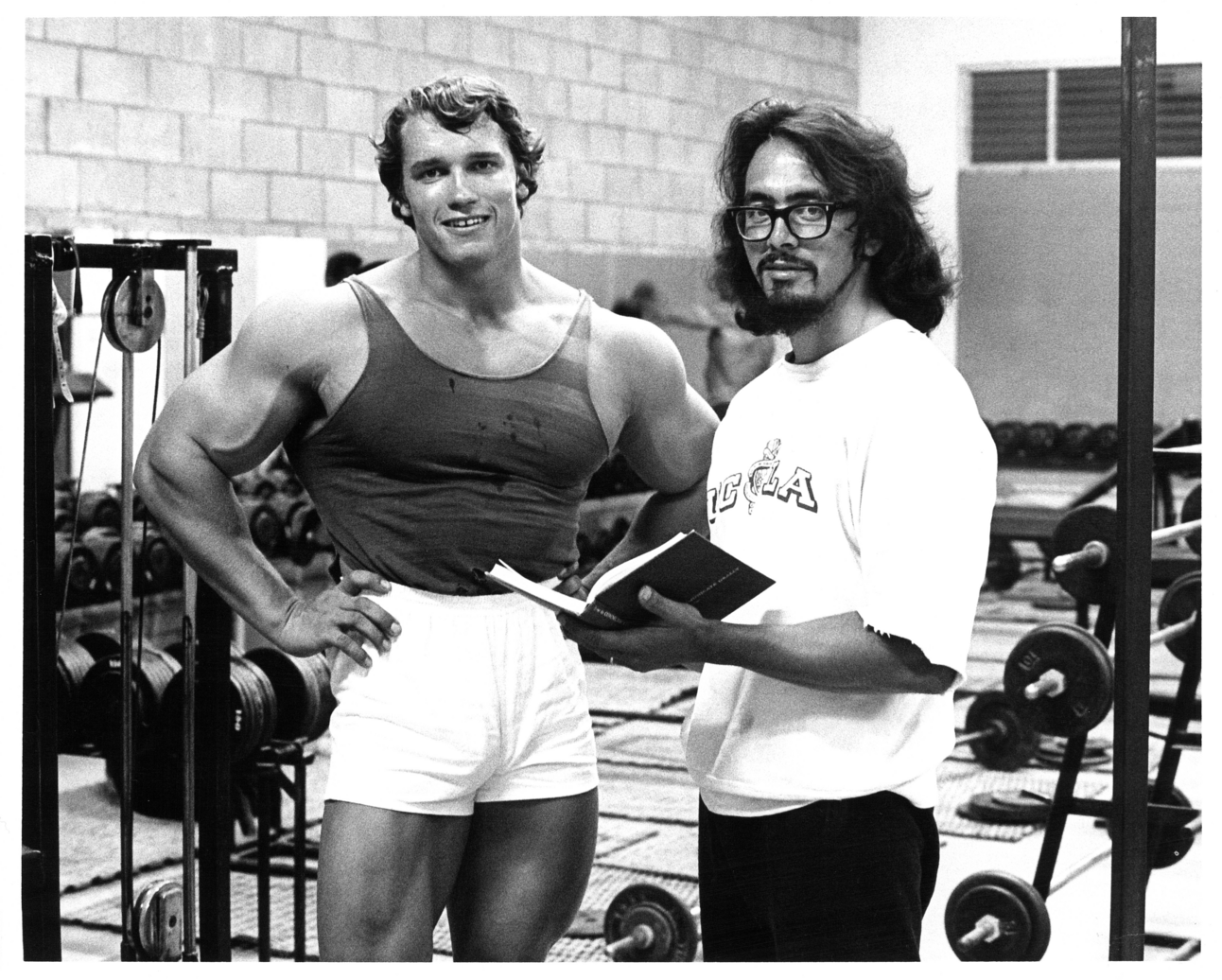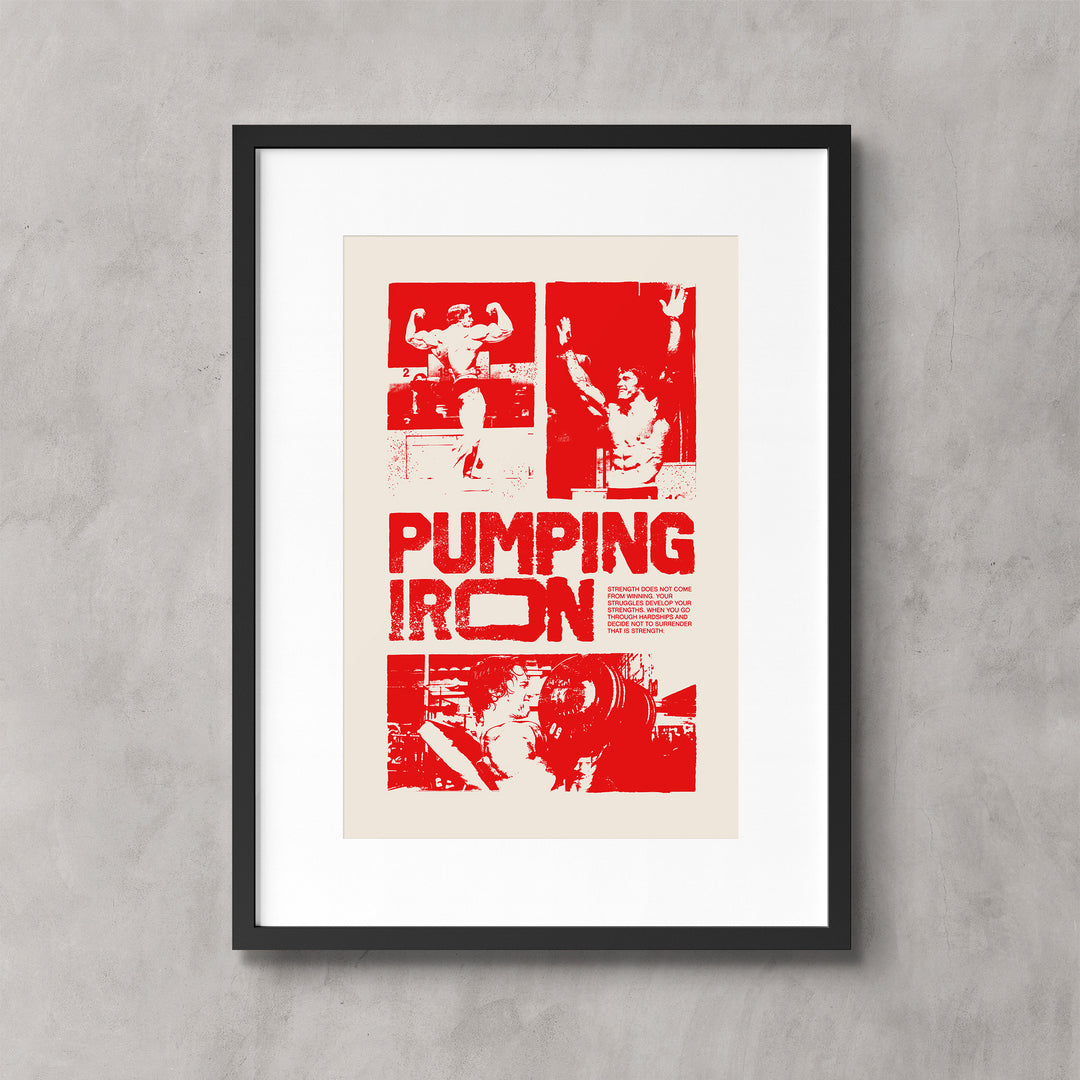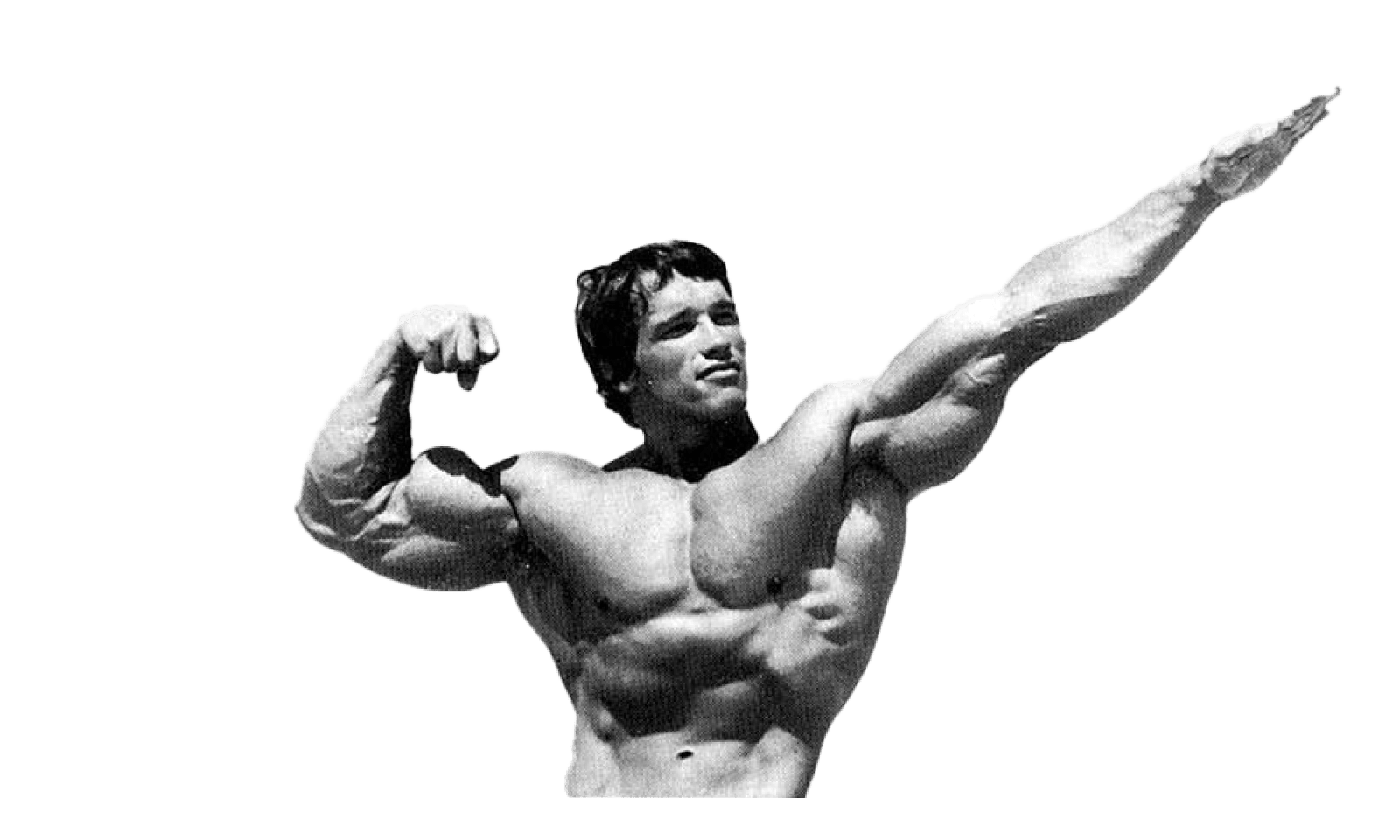Welcome to the positive corner of the internet. Every weekday, we make sense of the confusing world of wellness by analyzing the headlines, simplifying the latest research, and offering quick tips designed to make you healthier in less than 5 minutes. If you were forwarded this message, you can get the free daily email here.
Today’s Health Upgrade
Do you burn more fat at night?
The strength-sleep relationship
Pregnancy and the aging process
Arnold’s Podcast
Want more stories from Arnold? Every day, Arnold’s Pump Club Podcast opens with a story, perspective, and wisdom from Arnold that you won’t find in the newsletter. And, you’ll hear a recap of the day’s items. You can subscribe on Apple, Spotify, Google, or wherever you listen to podcasts.
Do You Burn More Fat At Night?
Does the timing of your workout affect how much fat you burn and the results you get? A recent study suggested that overweight or obese people who do more rigorous activity between 6 pm and midnight had a lower risk of premature death and cardiovascular disease.
Does this mean exercise is more effective at night? Not exactly.
The research was an observational study. That doesn’t mean the data is worthless (it leads to many more great questions and studies), but we have to be careful not to overstate what was tested and compare it with other, more detailed studies.
The scientists took data from a pool of 30,000 people who wore activity trackers. That was great, but the problem — as the study's lead scientist pointed out — was they didn’t measure or track structured exercise. So, we don’t know what they were doing at night, and the data used makes it impossible to determine causality. (Again, those are the words from the study author)
When data suggests a relationship, it’s good to see if other studies have tried controlling variables to determine cause and effect. Luckily, many studies have tested the relationship between time of day and exercise.
Just last year, a randomized controlled trial (the gold standard for research) examined 100 overweight people, had them all perform the same workout, and then determined if training in the morning or night made a difference.
The scientists found that the timing of exercise did not influence fat loss.
Is it possible that exercise at night could help build or replace other bad habits, which might lead to better health outcomes? Most definitely. However, based on the research, we don’t know why there was a relationship between the evening movement and the improvements in disease and mortality.
If you look at enough research, you’ll find studies to support both morning and evening exercise. Some studies show that morning exercise is more likely to become a consistent habit, while others show that strength and power are better in the evening. Other studies even suggest that men see better results in the evening and women get the most from morning training.
For now, your best advice comes from a recent meta-analysis that found exercise consistency matters much more than the time you work out.
A note from Arnold: I always tell you not to overthink or let perfect get in the way of progress. If training in the morning is the time that makes you most likely to train, do it. If training at lunch is when you’re most likely to train, do it. If training in the evening is the time you’re most likely to train, do it. Just train. That’s all I ask.
And so you know, I will continue to train in the morning. It’s automatic for me.
The Strength-Sleep Relationship
Getting a good night's sleep is about winding down. But revving up your heart rate during the day is also important.
Research suggests that resistance training improves overall sleep quality and could effectively treat those struggling with insomnia.
Scientists reviewed 13 studies on the relationship between lifting weights and sleep. And the results are the type of news that will literally help you sleep well at night.
People who lift weights have an easier time falling asleep, have fewer sleep disturbances, wake up less at night, have deeper restorative rest, and tend to sleep longer. Aerobic exercise is also beneficial, but one study found that resistance training was more effective than cardio and helped people sleep longer and deeper.
While we don’t know exactly why, resistance training triggers many mechanisms that can help improve sleep. This includes producing more adenosine (a molecule that supports rest), better blood pressure, less stress and anxiety, and improved glucose and lipid metabolism.
Getting enough rest is a top priority because more research continues to link short sleep and low-quality sleep to many health risks, including cardiovascular disease, diabetes, and obesity.
If you’re trying to improve your sleep, here’s a quick checklist of sleep habits that will upgrade your rest.
Go to bed and wake up at a similar time.
Cut off food and drink approximately 2-3 hours before you rest.
Exercise during the day
Limit screen time 1-hour before you sleep
Keep your room as dark as possible
Make your room cooler, or use a temperature-controlled mattress. Here’s our favorite.
Headline or Hype: Does Pregnancy Make You Older?
Last week, dozens of media outlets discussed two new studies suggesting that pregnancy speeds the aging process.
The reality: The proof that pregnancy makes women older is more hype than reality.
The reaction was based on a study that reviewed blood markers in pregnant and non-pregnant women. However, a separate study found that those same aging indicators reversed after pregnancy. In other words, three months after having a child, the signs of accelerated aging either disappeared or women with babies showed signs of being younger on a cellular level.
Women go through so much during pregnancy, so it should be no surprise that they undergo some changes but that those shifts are temporary.
Not to mention, all of these estimates about women aging during pregnancy are pure speculation. That’s because scientists used a method of assessing aging that is still unproven.
The researchers used epigenetic clocks, which use an algorithm designed to test the relative age of your cells. Scientists use epigenetic clocks to study theories of aging, but — at this point — epigenetic clocks are nothing more than a data point. We don’t know how epigenetic clocks are linked to biological age or whether a lower epigenetic age leads to a longer life or better healthspan.
Most of the top aging researchers in the world agree that epigenetic clocks might be useful one day, but right now, they are mostly just a tool for researchers to understand the aging process better. However, they are not for the average consumer because we don’t know how to interpret the relationship between cellular aging and lifespan.
—
Publisher: Arnold Schwarzenegger
Editors-in-chief: Adam Bornstein and Daniel Ketchell






















